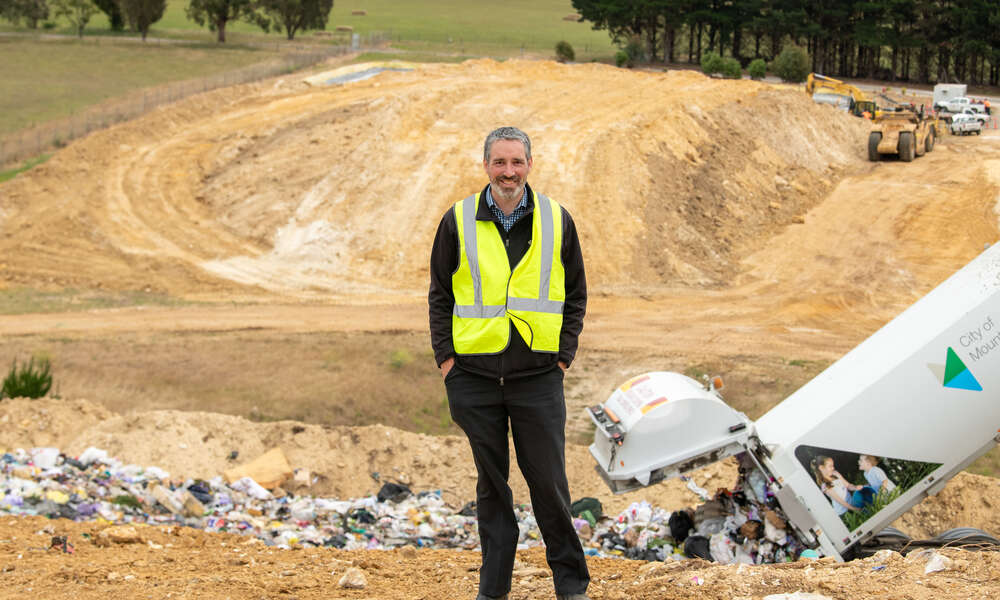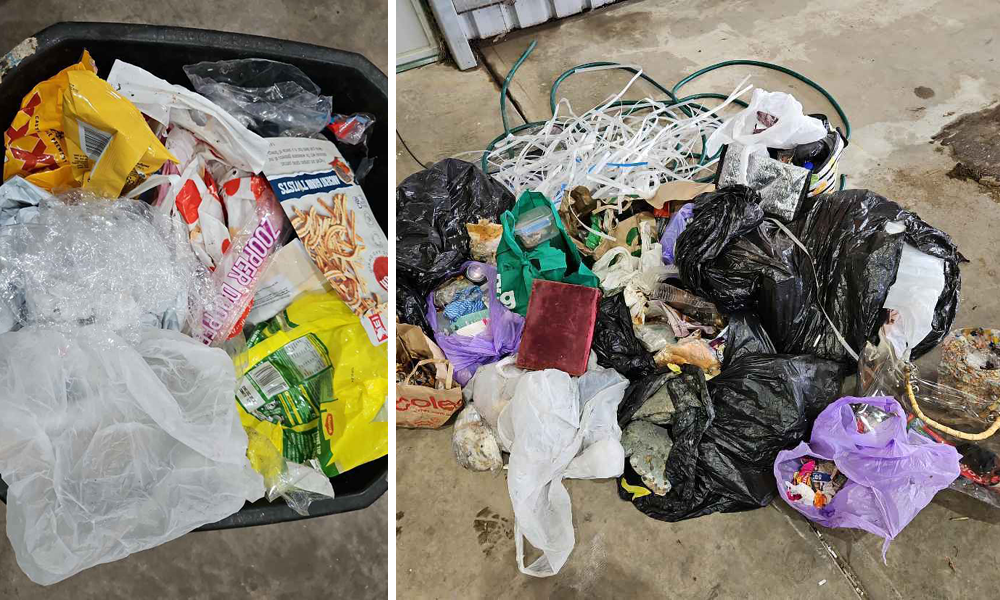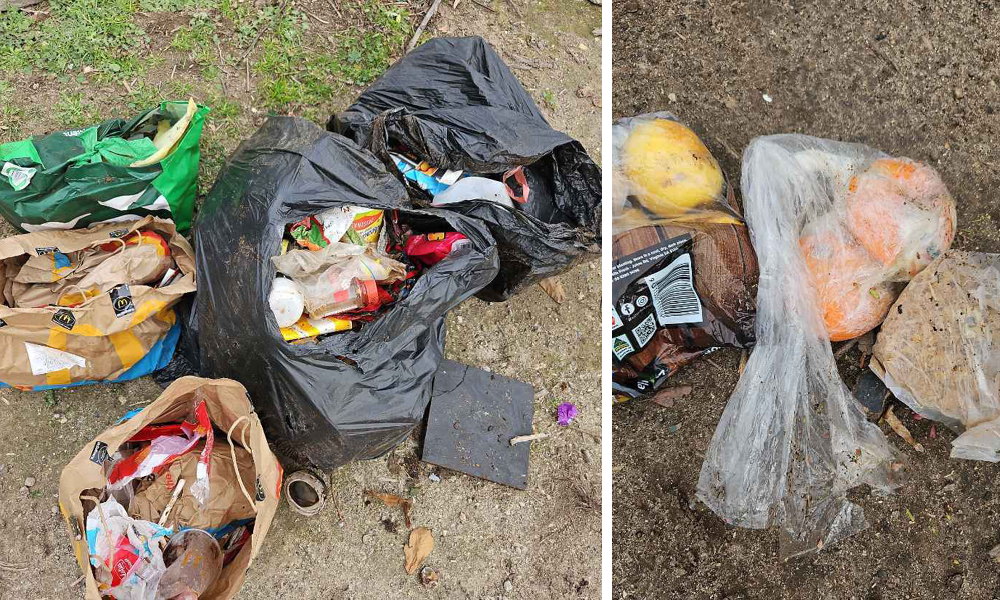Kerbside bin audit conducted
10 October 2024
10 October 2024

A recent kerbside bin audit undertaken by Rawtec and Dynamic 3E on behalf of the City of Mount Gambier identified that more than half the general waste stream could be diverted away from landfill with food organics making up 27 per cent of the average residential general waste bin.
Residential waste was audited from a representative sample of the community across the three bin system including general waste, recycling and food organics/garden organics (FOGO) with results indicating contamination in all kerbside streams was above reasonable levels.
In the 2016 audit food organics made up 36 per cent, so while we are making good progress, 27 per cent is still very high and equates to more than 1,500 tonnes of food waste from Mount Gambier households going to landfill every year.
- City of Mount Gambier Environmental Sustainability Officer Aaron Izzard
“We implore residents not to put their food waste in the general waste bin, but instead purchase a FOGO bin for a one-off fee of $87.50 or take advantage of discounts on composting gear through Council’s partnership with Compost Revolution and start composting food scraps at home.”
“Everyone can do their bit to help the environment and reduce the cost to the community – food waste should not be going in the general waste bin as all food waste – even bones, meat, dairy etc can go in the organics bin,” Mr Izzard said.
The audit highlighted that on average residents generate 14.9 kilograms of waste per household per week, while 30 per cent of the contents of the average general waste bin could be placed in the recycling bin.
“Each household has a recycling bin with fortnightly collection and this result highlights a need for the community to better separate their waste and make proper use of the recycling bin system,” Mr Izzard said.
The sample showed a contamination rate in the recycling stream of more than 22 per cent with the most common contaminants including general waste, large e-waste, textiles and soft plastics.

The composition of the FOGO recycling stream was identified as predominantly garden organics with a contamination rate of 3.4 per cent. Of this, 2.8 per cent was general waste either loose or in plastic bags.
“It is pleasing to see a low contamination rate in the FOGO bin, and this may be a result of the current opt-in system, however any amount of contamination makes the recycling and organics systems more expensive and less viable.”
“Every little bit counts so we encourage all residents to choose the right bin, don’t just throw it in.”

The audit results will be used to inform Council’s waste services and education activities.
“Council will now continue to explore opportunities to increase education and communication around effective recycling and landfill reduction,” Mr Izzard said.
Households are encouraged to access existing resources to assist in better understanding the most impactful actions that can be taken to reduce their waste footprint.
“Residents can obtain a copy of Council’s ‘What to Recycle Where’ guide from the City of Mount Gambier website to better understand how to divert household waste away from landfill.
“There are also a number of educational videos on the City of Mount Gambier Facebook page and YouTube channel which help to identify which waste stream certain items should go in, and the ‘My Local Services’ app is a useful tool where residents can get bin notifications, work out what to put in which bin, and even report issues such as broken bins or damaged council infrastructure,” Mr Izzard said.
Media contact: City of Mount Gambier Communications Officer Ashlea Watson at awatson@mountgambier.sa.gov.au or (08) 8721 2578.


